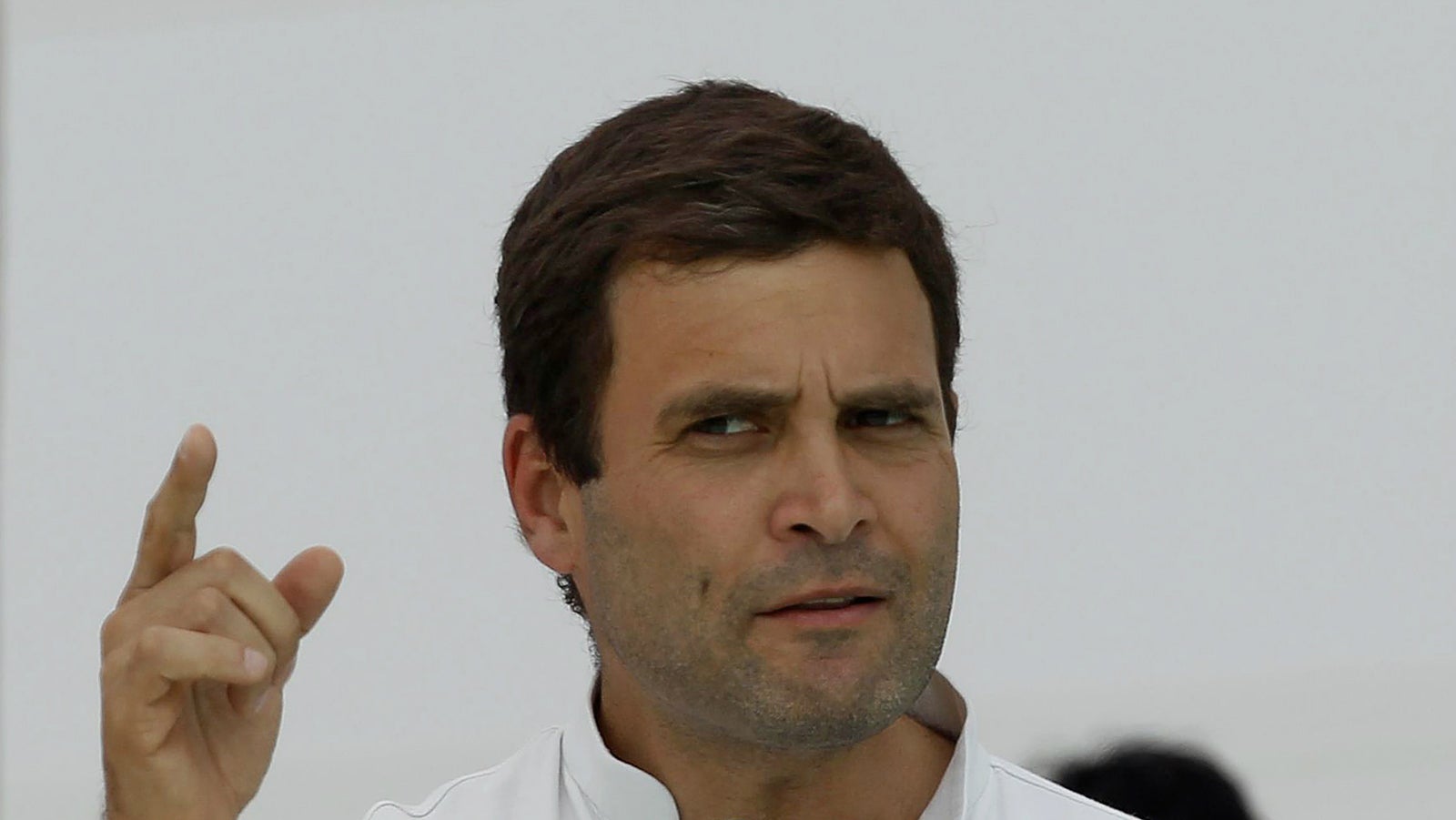Rahul Gandhi—India’s most internet-unsavvy politician—is now crusading for net neutrality
One of India’s most internet unsavvy political heavyweights has decided to turn crusader for net neutrality.


One of India’s most internet unsavvy political heavyweights has decided to turn crusader for net neutrality.
Rahul Gandhi, the Congress party’s heir apparent, on Wednesday (April 22) gave a notice to the Lok Sabha to hold a debate on the issue— and eventually said a precious few words.
“We want a law on net neutrality. One million people have voiced their opinion,” he said. “TRAI should stop the consultation process and change the policy. The government is trying to carve out the net and hand it over to the corporates.”
India’s debate on net neutrality started when telecom giants such as Airtel complained that over-the-top services—mainly messaging and calling apps—were eating into their revenue and demanded that these apps be regulated.
In March, the country’s telecom regulator, Telecom Regulatory Authority of India (TRAI), issued a consultancy paper seeking public views on net neutrality. TRAI has already received over a million emails in support of net neutrality from internet users in India.
And although this intervention is significant—particularly since the Congress vice-president has spoken in parliament only a handful of times—the 44-year-old politician’s sudden interest in keeping the internet free is heavy with irony.
For one, despite his (relative) youth, Gandhi has resolutely stayed away from using social media—and the internet at large—for his political work. Even as much older politicians, especially prime minister Narendra Modi, embraced the internet as a powerful political tool and milked its influence, the Congress leader has remained decidedly old-school.
He isn’t on Twitter, and Quartz could not find his verified page on Facebook.
Modi, on the other hand, has multiple accounts on Twitter, and a presence on Facebook, LinkedIn and Instagram. He is one of the world’s most influential politicians on social media with millions of followers.
That, of course, should be no reason why Gandhi cannot suddenly stand up for net neutrality. It is an issue that has much resonance with India’s young people, and the Congress politician is keenly looking to increase his political traction after his party entirely lost the plot in the 2014 general elections.
Still, he will find it hard to deny that his own party, which was in power till 2014, had done more than enough to clamp down on India’s internet.
Consider, for instance, the Section 66A of the Information Technology Act, which was recently stuck down by the Supreme Court. Crafted by the Congress party in 2008, it could invite imprisonment for as innocuous an act as liking a Facebook post.
Four years later, in 2012, the Congress-led government went a step ahead and reportedly blocked Twitter handles and web pages. And that’s precisely what incumbent telecom minister RS Prasad pointed out in his reply to Gandhi’s comments.
“Who blocked the Twitter handles in 2012?” the Bharatiya Janata Party’s Prasad said. “We want to tell the house that our government supports right to internet, not under pressure from any corporate.”
“TRAI can make a recommendation under TRAI Act,” the minister added, “but the final decision rests with the government.”
We welcome your comments at ideas.india@qz.com.